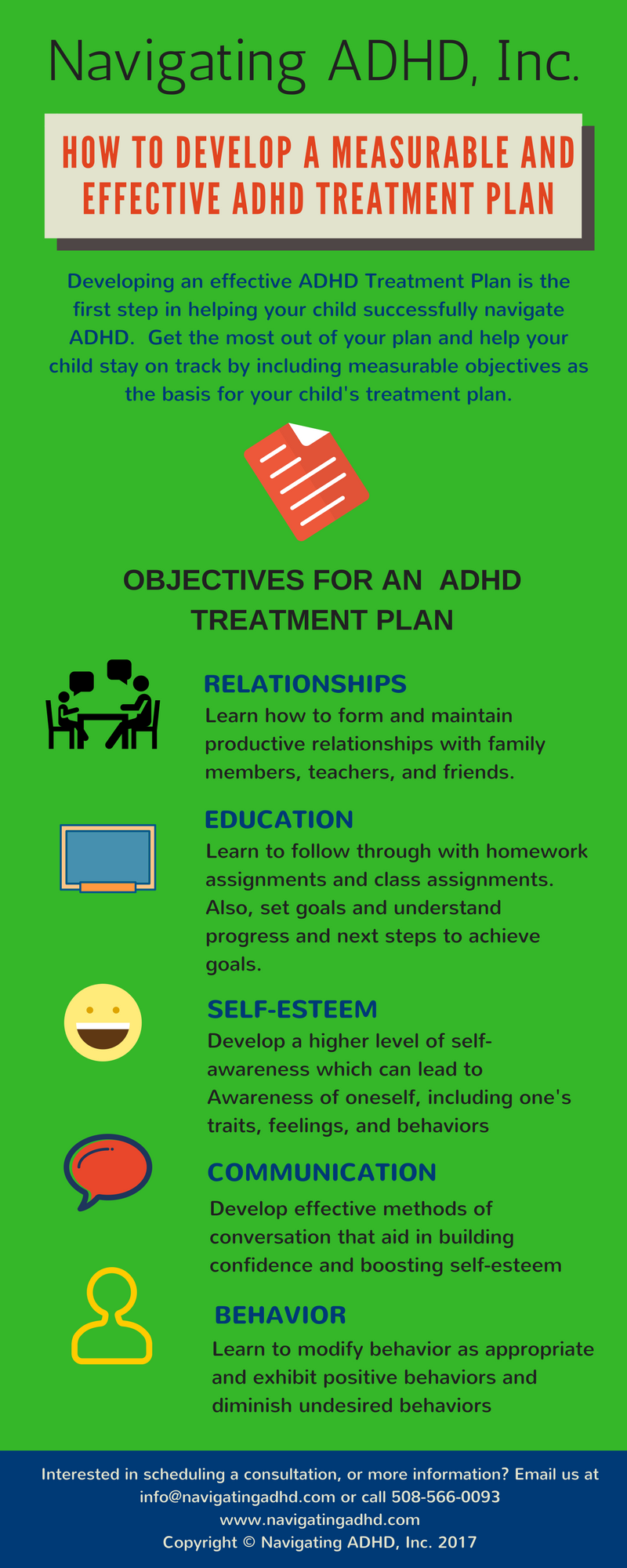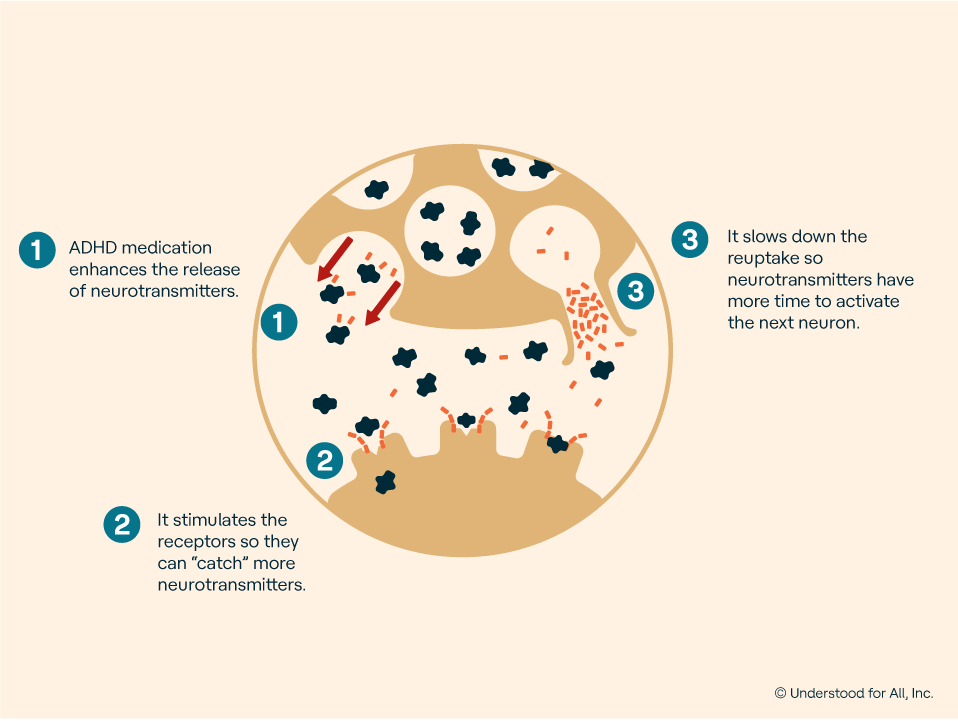Your Guide to Discovering the Right ADHD Treatment for Long-term Outcomes
Navigating the intricacies of ADHD therapy requires a nuanced understanding of both the disorder and the myriad options offered for reliable management. It is necessary to identify that what jobs for one person may not necessarily yield the same results for one more.
Recognizing ADHD and Its Influence

In grownups, ADHD can bring about obstacles in workplace atmospheres, impacting performance, time monitoring, and social partnerships. Typically, undiagnosed or poorly took care of ADHD can add to co-occurring psychological health and wellness concerns, such as anxiousness and clinical depression, additional complicating an individual's overall health.
The social assumption of ADHD can differ, causing preconception and misconception, which might prevent individuals from seeking assistance. As understanding grows, it is important to foster a setting that promotes understanding and assistance for those impacted by ADHD, emphasizing the demand for precise medical diagnosis and tailored strategies to alleviate its influence on day-to-day life.
Summary of Therapy Choices
An extensive approach to dealing with ADHD encompasses a selection of choices tailored to the person's distinct requirements. These choices can broadly be categorized into behavioral treatments, psychoeducation, and way of living adjustments, along with pharmacological therapies that might be explored later on.
Behavior interventions, such as cognitive-behavioral treatment (CBT), concentrate on changing particular actions and developing coping approaches to handle signs and symptoms efficiently. Psychoeducation plays an essential duty in empowering both people and their households by providing details regarding ADHD, its challenges, and reliable techniques for assistance.
Lifestyle alterations can substantially affect ADHD management. Routine physical activity, a well balanced diet regimen, and sufficient rest add to total wellness and signs and symptom control. Mindfulness practices and leisure strategies can also boost focus and minimize impulsivity.
Assistance groups and household treatment can foster a feeling of community and understanding, assisting individuals feel much less isolated in their experiences. Each treatment choice need to be considered in combination with the person's preferences and circumstances, ensuring an alternative technique that advertises long-lasting success. Eventually, the goal is to create a customized treatment plan that deals with the specific challenges related to ADHD while boosting general high quality of life.
Medicine: Benefits And Drawbacks
Medication plays a pivotal duty in the therapy of ADHD, with many choices available that can considerably reduce symptoms for many individuals. Stimulants, such as methylphenidate and amphetamines, are commonly prescribed and have actually revealed efficiency in enhancing focus, reducing impulsivity, and enhancing general actions. These medications work by increasing dopamine and norepinephrine degrees in the brain, which are often dysregulated in those with ADHD.
Nonetheless, making use of medication is not without its challenges. Some people may experience side impacts, including insomnia, lowered cravings, or enhanced anxiety. Moreover, locating the best dosage can be an experimental process, calling for close monitoring by medical care specialists. In addition, not all patients react to energizer drugs, leading some to explore non-stimulant choices, which may have a postponed beginning of action or various side results.
It is necessary for individuals and their families to consider these advantages and disadvantages thoroughly. Stabilizing the advantages of signs and symptom management against potential negative effects is vital for attaining optimum therapy outcomes. Collaboration with health care carriers can help with educated decisions, making sure that drug becomes part of a comprehensive ADHD management plan.
Behavior Therapy Strategies

One typically utilized approach is Cognitive Behavior modification (CBT), which helps individuals determine and transform adverse idea patterns that contribute to ADHD-related difficulties. Therapist for ADHD. Via CBT, clients discover to establish realistic goals, handle time effectively, and establish business systems
Another efficient strategy is Parent Monitoring Training (PMT), which enlightens moms and dads on exactly how to reinforce positive habits and lower unfavorable ones with regular discipline and communication approaches. This method promotes a supportive home atmosphere that urges behavior renovations.
Social abilities training is also essential, assisting individuals with ADHD navigate social communications better. Role-playing and modeling appropriate behaviors can enhance social competence and decrease stress and anxiety in social situations.
Lifestyle Adjustments for Better Monitoring
Exactly how can lifestyle changes considerably improve the management of ADHD symptoms? Carrying out tactical way of life modifications can bring about substantial improvements in emphasis, company, and emotional regulation for individuals with ADHD.
To start with, establishing an organized daily routine aids in creating predictability, which can relieve feelings of bewilder. Regular schedules for dishes, research, and sleep can improve day-to-day functioning.
Integrating normal physical activity is additionally essential, as workout has actually been shown to improve dopamine degrees, enhancing focus and motivation (Therapist for ADHD). Aiming for depression awareness at the very least 30 mins of moderate exercise most days can be beneficial
Nutrition plays an essential role as well. A balanced diet regimen rich in omega-3 fatty acids, entire grains, and healthy protein can support cognitive feature. Restricting processed sugars and high levels of caffeine may lower signs, as these can bring about energy accidents and irritability.
Conclusion
To conclude, discovering the appropriate ADHD treatment requires a multifaceted method that thinks about specific needs and preferences. A combination of medication, behavioral therapy, and way of life adjustments can significantly enhance sign administration and general wellness. Participating in psychoeducation and developing organized regimens further supports efficient therapy approaches. Collaboration with healthcare professionals and open communication with support networks are important elements in navigating the intricacies of ADHD why not try this out management, eventually bring about long-term outcomes and boosted lifestyle.